Are you looking to restore a youthful, vibrant look? If so, aesthetic laser treatments may be the perfect option for you. By using lasers to stimulate collagen production and even out uneven skin tone and texture, these treatments can help rejuvenate your appearance in just one visit. With many different types of lasers available on the market today, it is important to know all about what these procedures involve before investing in them. In this article, we’ll explore everything from the benefits of aesthetic laser treatments, who can benefit from them most, and what kind of results you should expect from laser treatments — giving you a better understanding of whether this type of procedure is right for you.
Q: What is the best time of year for a laser treatment?
Medical-grade laser treatments can be scheduled throughout the year, but the winter months mark the optimal time for these procedures, primarily because the sun isn’t so bright, and the days are shorter.
Although side effects from laser treatments are typically mild and temporary, exposure to sun and heat can increase the chance and severity that your skin will develop unwanted dark spots (hyperpigmentation) or light spots (hypopigmentation).
If you are having a laser treatment to repair surface damage – such as fractionated laser skin resurfacing – then your skin will be overly sensitive after your procedure, and sun and heat exposure to the treated area can cause the exact things that the laser treatment is fighting against, including darkening, freckling, and aging.
It’s a lot easier to avoid the sun and heat during the cooler winter months than it is in the spring and summer, when you want to spend your weekends lounging around a pool, going to Braves’ games, and taking advantage of the warm Atlanta weather. For this reason, winter makes it much easier for you to minimize the risk of side effects from laser procedures.
Q: How often can I get a laser treatment?
How often you can schedule a laser treatment depends on many things, including your skin type and the type of laser procedure being performed. Superficial resurfacing procedures may be performed on a frequent basis if the skin has completely healed from the previous treatment. Fractionated resurfacing procedures often need to be performed in a series of treatments, and the time recommended between treatments depends on the depth of your treatment. For instance, light-based treatments such as IPL may be performed as often as every four months.
Q: How do I prepare for a laser treatment?
The preparation for your laser treatment is as important as the treatment itself. To ensure you have the best-possible outcome:
- Don’t exfoliate your skin for about one week before your treatment.
- Don’t add any new products right before your treatment to avoid problems with irritation.
- Don’t apply sunless tanning creams or go to tanning spas, as these can interfere with laser treatment and cause damage to your skin.
- Temporarily stop all retinoid, glycolic, salicylic, and/or lactic acid treatments as part of your daily skin care routine.
- Ask your Provider if you should avoid aspirin, ibuprofen, vitamin E, or fish oils, as these are blood thinners and can increase bruising.
- Avoid alcohol and smoking, as both can cause inflammation in the skin. Alcohol can also function as a blood thinner.
Q: What is the downtime for a laser treatment?
Since laser skin resurfacing is customized, the amount of downtime you need varies. You may experience side effects, such as redness or swelling, and your skin may feel tight or look slightly sunburned.
As a general guide, though, if your laser treatment includes deep penetration, you should expect one to two weeks of downtime – although for milder treatments, some patients can return to work in two to three days.
For treatments that target medium-to-deep penetration, you should expect four to seven days of downtime.
Finally, if you are undergoing a light-to-medium penetration treatment, you will generally only need a couple days of recovery. Be sure to plan according to your social calendar.
Q: What are some useful laser treatment aftercare tips?
While laser treatments can produce dramatic skin care results, aftercare can be challenging, especially if skin layers are removed.
These tips can help you care for your skin post-treatment:
- Immediately after the treatment, apply an ice pack to the area, on and off for 30 minutes, to reduce heat and mild swelling.
- Keep the area moist and drink lots of water. Aloe vera or any moisturizer without alpha-hydroxy acids will work and should be applied as needed throughout the day.
- The treated area may be washed gently with a mild soap or cleanser. Skin should be patted dry and NOT rubbed.
- Itchiness is common and is a sign of the healing process. If needed, apply cortisone cream.
- Apply SPF daily and, if outside, re-apply every two hours.
- Avoid any heat to the skin for up to three days – including hot showers, hot tubs, saunas, steam rooms, hot yoga, and vigorous exercises – to reduce the chance of hyperpigmentation.
- Avoid makeup for a minimum of 24 hours.
- Avoid picking or scratching the treated skin.
- Avoid direct sun exposure and tanning beds throughout your laser treatment to reduce the chance of hyperpigmentation or hypopigmentation.
For specific aftercare instructions, consult your Provider.
Q: Can laser treatments help skin conditions such as psoriasis, eczema, rosacea, and scarring?
Laser treatments are known to treat a variety of skin conditions, including psoriasis, eczema, rosacea, and scarring.
- Psoriasis: Laser treatments work well on people with mild-to-moderate psoriasis. Because the light is concentrated, it’s not effective for people with psoriasis on large areas of their bodies. It may take several treatments before you see results.
- Eczema: Laser therapy is also a non-invasive treatment option for eczema. According to the National Eczema Association, a Dermatologist may recommend laser therapy or another form of phototherapy if other forms are treatment fail to show improvement.
- Rosacea: In a study of patients with rosacea, 50% of participants saw “good to excellent” improvement in their rosacea symptoms because of laser therapy.
- Scarring: Laser treatment can also make a scar less noticeable, but it cannot get rid of a scar, according to the American Academy of Dermatology. When you have laser scar treatment, you’re replacing one scar with another less-noticeable scar.
Q: Is there anyone who should not consider getting laser treatments?
Aesthetic lasers are non-surgical, non-invasive procedures that are safe and effective for most skin types and skin tones. However, a few conditions might make a laser treatment something you should postpone or avoid:
- Pregnancy
- Skin cancer
- Herpes breakouts
- Use of certain acne medications
- Connective tissue disorders
- Active rosacea
- Active acne
- Blisters or sores
- Autoimmune disease
- Darker skin tones
- Deep wrinkles
- Excessive or sagging skin
- Skin that scars easily
What are You Waiting For?
Aesthetics is an important part of how you present yourself to the world and can impact your confidence in both professional and personal settings. If you’re considering any kind of laser treatment, MetroDerm and The Center for Plastic Surgery at MetroDerm are here to help. Our providers are highly trained and experienced in a variety of aesthetic laser treatments, so we can develop the best plan for you based on your individual needs and goals. Book an appointment today for a consultation, during which we will be happy to review all your options and answer any questions you may have.


